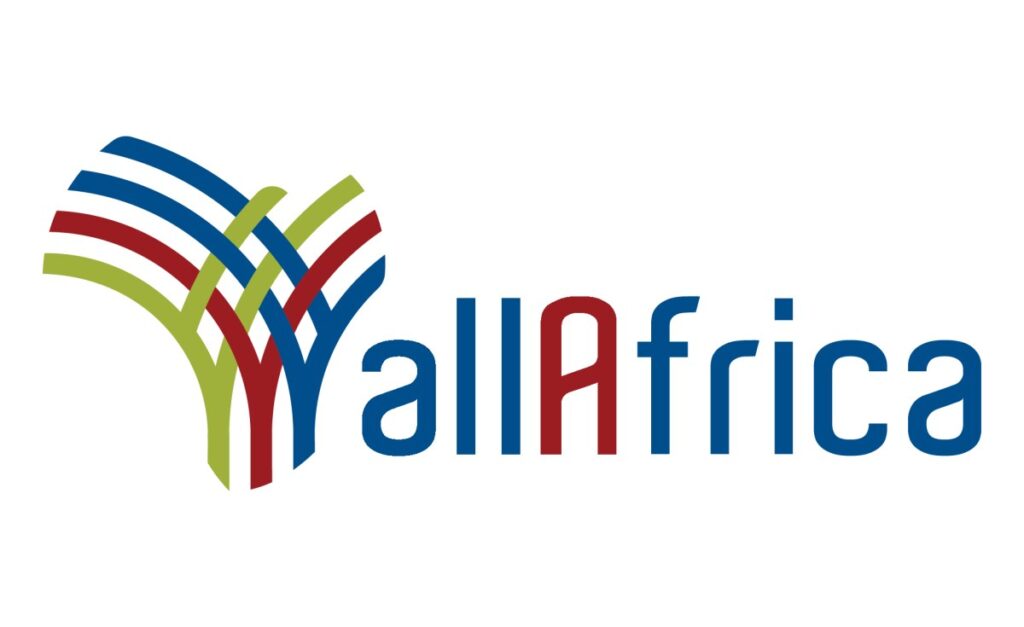Namibia Deploys Troops, Helicopters to Battle Massive Etosha Fire
Namibia is set to deploy helicopters and hundreds of soldiers to battle a massive fire that has ravaged a third of Etosha National Park, one of southern Africa’s top tourist attractions. It is also home to critically endangered black rhinos. The blaze, believed to have started at a charcoal production site outside the park on Monday, spread into the reserve, killing at least nine antelope and destroying habitats and grazing land in the Omusati and Oshana regions near Angola. Opposition MP Likando Rodrick criticised the government for failing to contain the fire, urging better preparedness and stronger long-term response measures. At an emergency meeting, authorities decided to send 500 more troops to support firefighters, police, and volunteers already on the ground. Covering a total of 22,935 sq km (8,855 sq miles), Etosha National Park is one of the largest in Africa. Some 200,000 tourists visit the nature reserve every year, according to the government. Etosha hosts 114 mammal species and attracts hundreds of migratory birds, including flamingos.
Kenyan Police Rescue 22 from Trafficking Ring Linked to Ukraine War
Follow us on WhatsApp | LinkedIn for the latest headlines
Kenyan police rescued 22 people from a suspected human trafficking ring that lured victims with fake job offers in Russia but intended to send them to fight in Ukraine. It follows an intelligence-led raid on a residential apartment on the outskirts of the capital, Nairobi, where officers seized recruitment materials, travel documents, and job offer letters. One suspect accused of coordinating the travel in September and October was arrested and remanded for 10 days to allow investigations. Authorities said the syndicate had extorted large sums from desperate job seekers, with victims signing contracts requiring payments of up to $18,000, some already having paid deposits of $1,500. Officials noted growing concerns about Kenyans being trafficked abroad under false promises, citing a young athlete who was recently captured in Ukraine after being duped into joining the Russian army. Police warned that many recruits return home injured, traumatised, or not at all, with two survivors recently back in Kenya, one currently in hospital. The government is also probing reports of Kenyans held as prisoners of war in Ukraine, alongside nationals from other countries, though Ukrainian officials said most African states show little interest in repatriating such citizens.
Guinea Remembers Conakry Stadium Massacre Victims
Sixteen years after Guinea’s 2009 stadium massacre, in which security forces killed at least 156 people and subjected more than 100 women to sexual violence during an opposition rally, the struggle for justice and accountability continues under military rule. This year’s anniversary came months after the government launched its first phase of reparations, with more than 300 survivors receiving state-funded compensation. Yet hopes of closure were shaken when former junta leader Moussa Dadis Camara, sentenced in 2024 to 20 years in prison for crimes against humanity, was pardoned in March by transitional leader Colonel Mamadi Doumbouya – a move condemned by victims and the UN. Human rights chief Volker Türk reminded Conakry that international law prohibits pardons for such crimes and urged authorities to free political detainees, end arbitrary arrests, and lift restrictions on opposition parties and the press. Tensions have deepened further after a controversial referendum on a new constitution, denounced by the opposition as a ploy to secure Doumbouya’s path to the presidency, leaving civil society warning of shrinking freedoms amid ongoing repression.
MSF Suspends Operations in Mozambique Due to Surge in Cabo Delgado Violence
In northern Mozambique, Médecins Sans Frontières (MSF) suspended its medical activities due to an escalation of violence. In Cabo Delgado province, armed incursions have threatened, killed, and forced civilians to flee the town, since early September. The latest attacks, the most violent in years, displaced nearly 5,000 people and cut off communities from vital healthcare. MSF halted services at the district hospital, including emergency, maternity, mental health, and referral systems, while some patients were transferred to Pemba and Mueda. The organisation warned that insecurity is driving preventable deaths and suffering in a region where 430,000 people remain displaced and the health system is already under strain. MSF reiterated its call for all armed groups to protect civilians, medical facilities, and humanitarian workers, pledging to resume activities once staff safety can be guaranteed.
U.S. Lifts Visa Restrictions on Ghana After Deportation Deal
The United States lifted its visa restrictions on Ghana after the West African nation emerged as a key deportation hub in President Donald Trump’s immigration crackdown. Ghana confirmed that it had begun accepting West Africans deported by the U.S., becoming the fifth African country to do so. Officials in Accra insisted they received nothing in return. Foreign Minister Samuel Okudzeto Ablakwa announced the reversal on the sidelines of the UN General Assembly, saying Ghanaians were once again eligible for five-year multiple-entry visas. Political analysts suggested the policy shift was tied to Ghana’s agreement to take in third-country deportees, with at least 14 West Africans already transferred there since September. Rights groups have raised concerns after some deportees, despite winning protection from U.S. courts, were allegedly detained under harsh conditions in Ghana before being sent on to other countries, such as Togo. Ghana has said it is accepting West Africans on humanitarian grounds and that the deal is not an “endorsement” of U.S. immigration policy.


